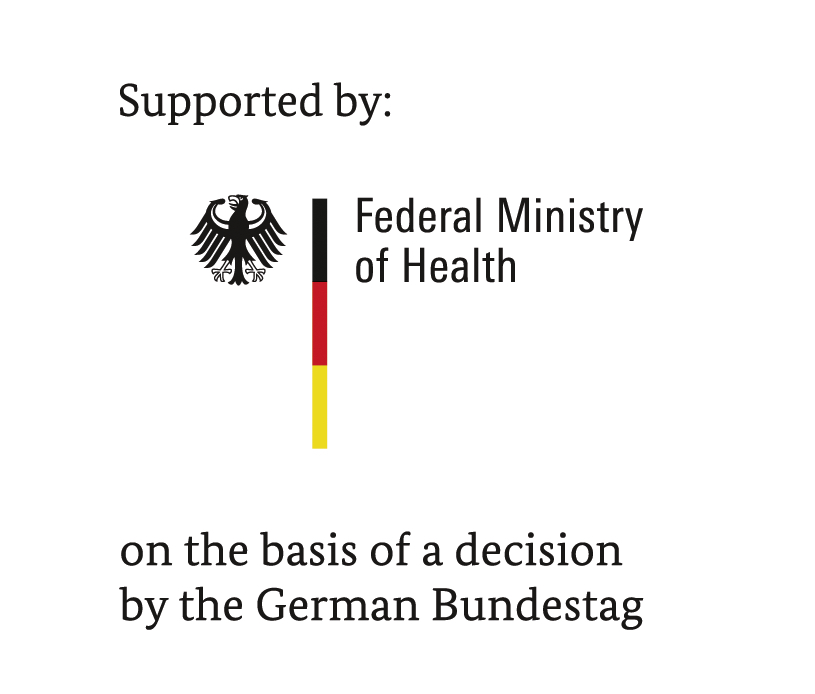A pool of scientists is kept ready for deployments to diagnostic missions in infectious disease outbreaks by the European Mobile Lab Consortium. This pool of scientists shall frequently be updated and enlarged. The Bernhard Nocht Institute for Tropical Medicine in October 2018 has conducted two one week training sessions for a total of 22 scientists and technicians. The training sessions were held on site on the premises of the BNITM.
The trainees in the sessions originated from European and Nigerian research and public health institutes:
- Nigerian Centre for Disease Control (NCDC)
- London Medical Laboratory
- University of Colombo, Sri Lanka
- Institute of Tropical Medicine Antwerp, Belgium
- Institute of Microbiology and Immunology, University of Ljubljana, Faculty of Medicine, Slovenia
- National Public Health Institute, Directorate for Clinical and Public Health Microbiology and
National Biosafety Laboratory, Hungary
- University of Pécs Szentágothai Research Centre, Hungary
- Institute of Virology and Immunology IVI Mittelhäusern, Schweiz
- Robert Koch Institute, Germany
- Bernhard Nocht Institute for Tropical Medicine, Germany
Trainers in the sessions were invited from the Institute for Lassa Fever Research and Control of the Irrua Specialist Teaching Hospital in Nigeria, from the Hungarian National Biosafety Laboratory in Budapest and from the Robert Koch Institute in Berlin. The trainers could draw from their experience with deployments to several outbreak response missions in the past, including Ebola virus, Yellow Fever, Lassa Fever and Marburg virus outbreaks in Sub Saharan African countries.
The aim of the EMLab training sessions is to provide laboratory scientists and technicians with the necessary adaptation knowledge and skills to take part in EMLab missions. Therefore prerequisite for the participation at the EMLab training session is a degree or professional training in a subject related to diagnostics of infectious diseases and laboratory medicine as well as experience in working in molecular diagnostic or research laboratories and application of serological methods.
The training consists of some classroom lectures to provide the theoretical background and a major part is spent with practical hands on exercises:
- Laboratory unit and team deployment.
- Room preparation for setup of the laboratory.
- Setup of and training on all laboratory workstations.
- Laboratory data management.
- Diagnostic challenges.
- The use and disposal of personal protective equipment.
- Disinfection, decontamination and waste disposal.
- Laboratory support tasks.
- Repacking of the laboratory equipment for repatriation and for the next deployment or training exercise.
The training sessions were conducted in the framework of the Global Health Protection Programme of the German government and funded by the German Ministry of Health.
